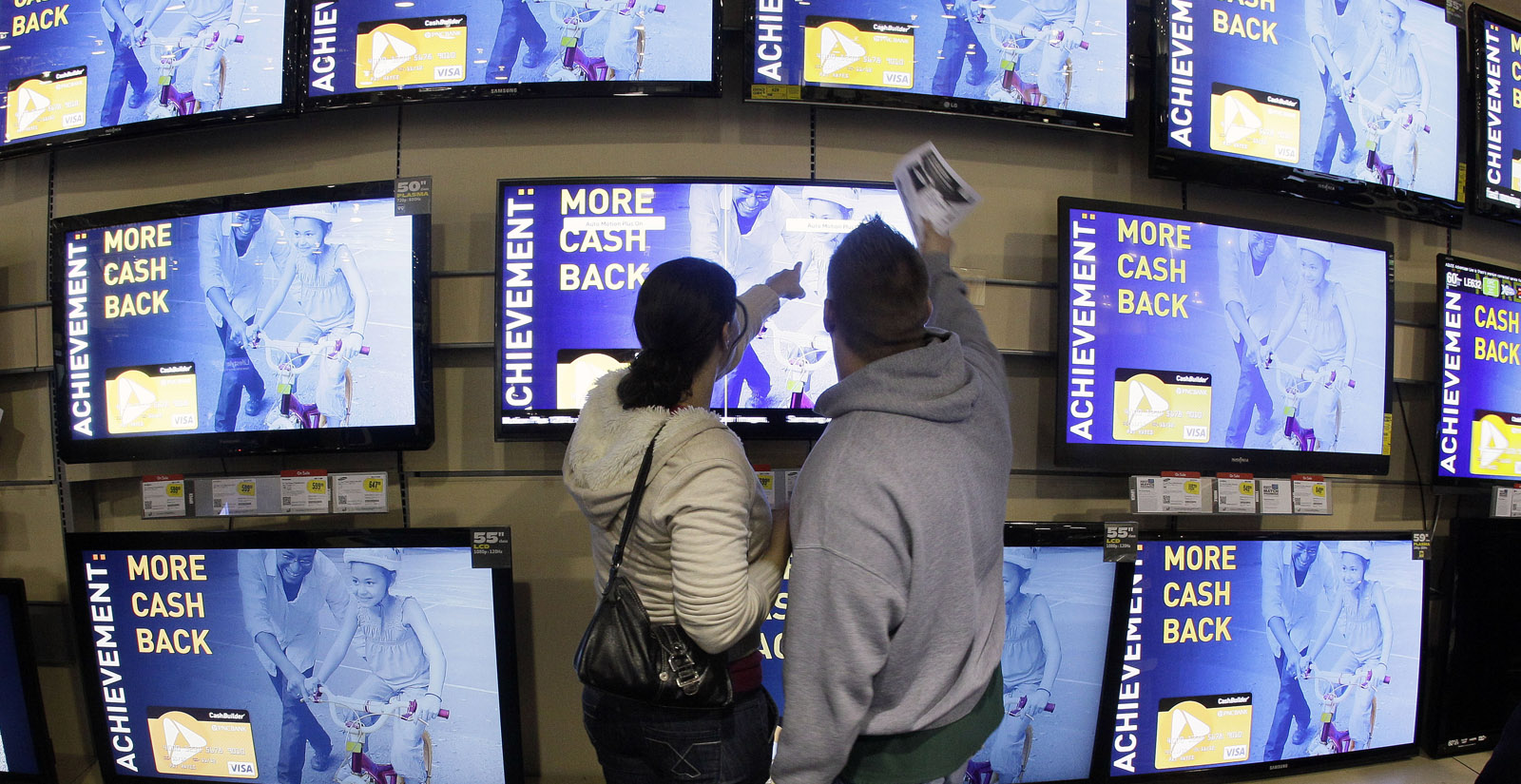I’ve been studying ‘greatness’ for a long time. I’ve wanted to see if I could turn ‘greatness’ into an equation. So, I looked at ‘greatness’ in all areas – Lao Tzu, the creator of Daoism, Stan Musial, Wayne Gretzky, ‘The Great One’. Then easy ones like, Martin Luther King, Gandhi, and Nelson Mandela. What is it that all these people have in common?
Well on the outside you can say things like hard work, determination, they had a vision, but if that’s all that it took to be great then how come everybody else who works hard and has a vision doesn’t rise to their level of success even, and it’s hard for a Jewish guy to say this, but I wouldn’t call Hitler great by any stretch of the imagination, but Hitler did manage to enroll an entire nation into his belief system. How did he do that?
How did Martin Luther King rise above everybody else who was talking about Civil Rights? How did Gandhi who was one of many people who wanted the British out of India enroll people to get beaten up to support his ‘non-violent initiative’? How did Martin Luther King do the same thing? What I’ve found is that there are many elements that have to be in place and they all need to be pointed in the right direction. If one of those things is pointed in the wrong direction you’re foolish or crazy, so there is really not that much difference between Elon Musk and a guy who spends his life trying to dig a hole to China.
The guy who tries to dig a hole to China spends his life pursuing a goal that is almost impossible to achieve. Elon Musk decided he wanted to have an electric car company and build rockets that go into outer space. He could’ve been just as stupid as the guy trying to dig his way to China but he had persistence, perseverance, vision, dog-determination, a single idea, a belief, mountains of focus, and is unconcerned with what other people think.
Oh, and there is one other quality of greatness – you have to be a ‘jerk’. I’ll just let you think about that for a moment.
Oh, come on Dan that can’t be true.
Was Gandhi a jerk? “Yes.”
Was Martin Luther King a jerk? “Yes.”
Was Harvey Milk a jerk? “Yes”
Was Nelson Mandela a jerk? “Yes.”
So, let me explain what I mean by ‘jerk’. So, let’s talk about the qualities of a ‘jerk’. A jerk doesn’t care what people think about him, he/she is singularly focused. A jerk takes advantage of other people’s generosity, doesn’t give back and doesn’t play fair, under-concerned whether or not you’re happy or satisfied with them, thinks they deserve everything and has to give back nothing.
They absolutely always think that they are right. They will not ever admit they are wrong and no matter how you try to express your point of view what they believe is always more important than what you believe. They don’t engage in what we consider to be common courtesy and they tend to treat you like a thing rather than a person.
So, let me tell you a ‘jerk’ story. So, this ‘jerk’ is digging in an abandoned gold mine and he manages to convince the son of a wealthy businessman to come and dig in this abandoned gold mine with him. There is very little chance of success, but the jerk guy spins a big story and tells them how successful they are going to be and the kid believes him. So, after a long day and night, the businessman comes and says, “Look, I’ve got to have my son back. I can’t convince him to leave you. You’ve brainwashed him. So, here is what I’m going to do. I’ll give you ten thousand dollars to tell my son that this is a bad idea and to come back and be with me”.
The jerk guy says, “Tell you what I’m going to do. Give me the ten thousand dollars and I’m going to keep your son and you and your wife and have you come and dig in my gold mine too – that’s the deal.” Sound like a jerk? That’s a true story; only it’s not about a guy and a gold mine. It’s about Gandhi and a wealthy businessman’s son who was working for Gandhi because Gandhi made him believe he could get the British out of India, and everybody knew he was crazy and it couldn’t be done.
So, that businessman was willing to donate to Gandhi’s cause just to get his son back and Gandhi said the very same thing, “I’m keeping your son. Give me the money and you and your wife come work for me”. Now that story takes on a different perspective because we know its Gandhi, but it really is the same story as the guy in the gold mine.
So, I ask you – How great do you want to live your life? How unpopular are you willing to be to follow a vision? How many people who you love are you willing to disappoint? How many fires are you willing to stand in? Henry Ford bankrupted five automobile companies before starting Ford Motor Company. Do you think he was well liked by the people whose money he took? How was he able to convince the sixth investor after five failures to invest in him? He probably lied, he probably made promises he wasn’t sure he could keep, so if you want greatness your very first destination is loneliness, unpopularity, criticism, rejection, and absolute 100% encouragement from the people you trust the most to tell you to stop doing what you’re doing.
You’re going to lose friends. You’re going to lose the respect of family members. It absolutely will positively not be pretty. There will be no guarantee of success. You might spend a lifetime digging in an abandoned mine and never find gold and suffer the fate of being the fool that everybody claimed you to be or you may be Gandhi. How big do you want to play? How great can you stand it?











